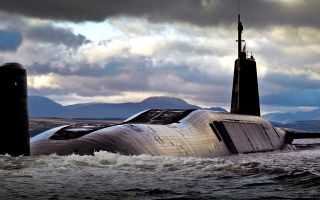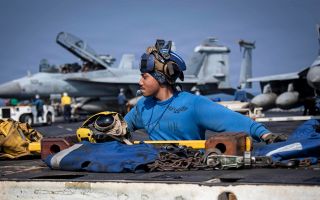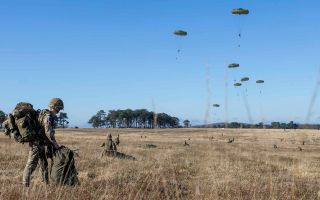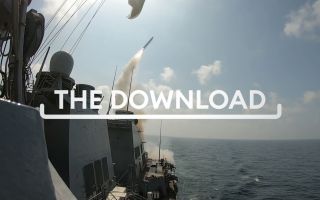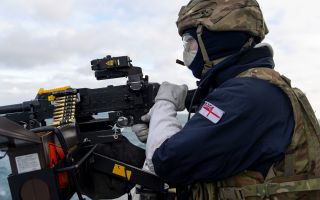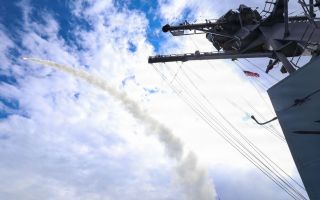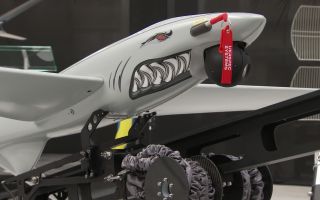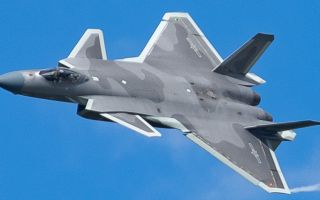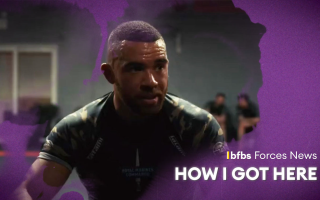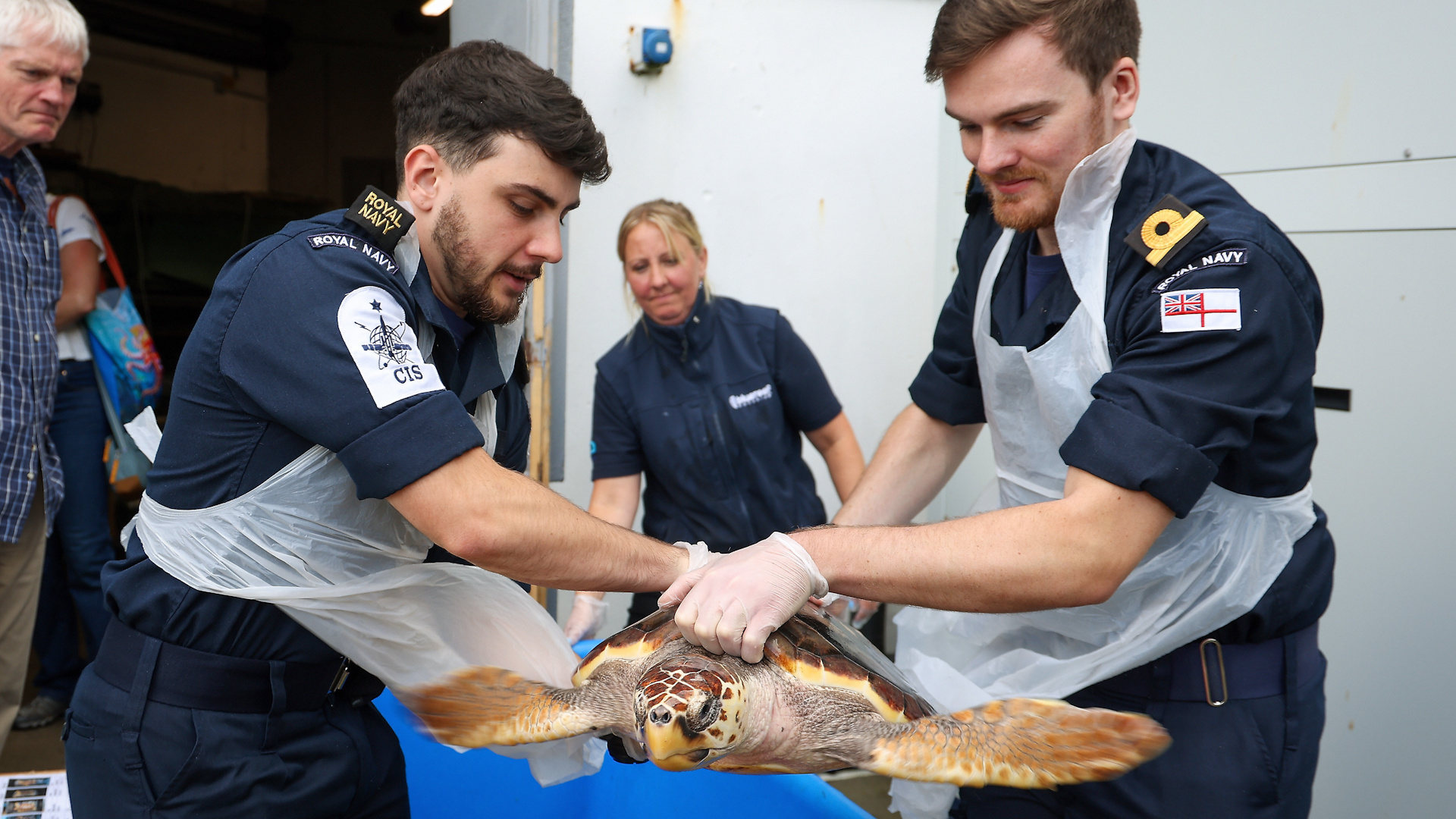
Royal Navy sailors help return rare turtles from the UK to their original habitat

Sailors deployed on HMS Medway have helped return six rare turtles to their original habitat after they were washed up on UK shores.
The sailors linked up with two marine life organisations to deliver half a dozen loggerhead turtles back to warmer waters.
With HMS Medway headed towards the Caribbean, the Royal Navy offered to help out, with the crew releasing the vulnerable creatures off the Azores.
Alongside her regular cargo of food supplies, spare parts for machinery, disaster relief/aid kits, Medway, the Portsmouth-based ship also loaded Jason, Gordon, Perran, Hayle, Holly and Tonni – the six turtles cared for by aquariums in Cornwall and Anglesey.
The creatures were gently dropped into the Atlantic off the Azores, swimming past Medway's crew who had gathered on the flight deck to watch the repatriation.
Rod Jones, the Royal Navy's senior maritime environmental protection advisor, said the sailors are "keen to do what we can to reduce the loss of biodiversity at sea".
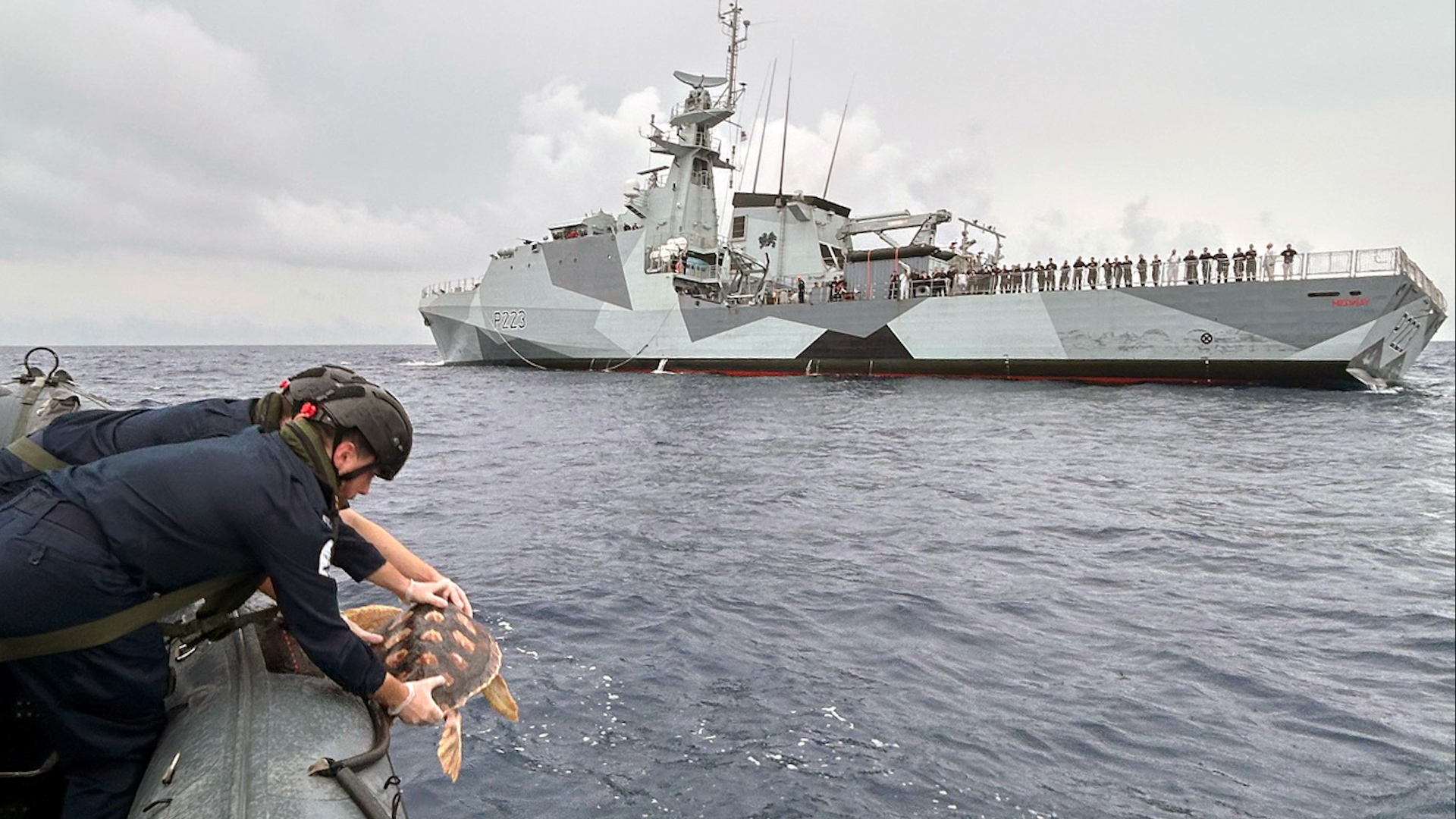
"Encountering marine wildlife is one of the great joys of seafaring and if we can assist, even in a small way, to make that more likely in the future we are pleased to be able to do that," he said.
"Assisting turtles to return to warmer waters may not be the Royal Navy's primary role but as a government body we are very pleased to be able to support the UK's ambition for more healthy and diverse seas."
The young loggerheads ended up in the UK after they were swept from the Caribbean or Eastern Seaboard of the USA by strong winds and Atlantic currents.
They became 'cold-stunned' quickly after entering the cold waters around the UK and would have died if they had not been washed up and rescued.
Five came ashore in Cornwall and Devon and have been cared for since by the staff at Newquay's Blue Reef Aquarium.
The sixth turtle was nurtured by folk at Anglesey Sea Zoo having been found on one of the island's beaches.
Steve Matchett, group curator at the Blue Reef Aquarium, said all the turtles arrived at the establishment in a "weakened state".
"In many cases, we were unsure if they were going to make it overnight," he said.
"All were dehydrated and emaciated. This is due to being too cold for a long period and being unable to feed/function properly. They have all prospered once we got them past the initial stages.
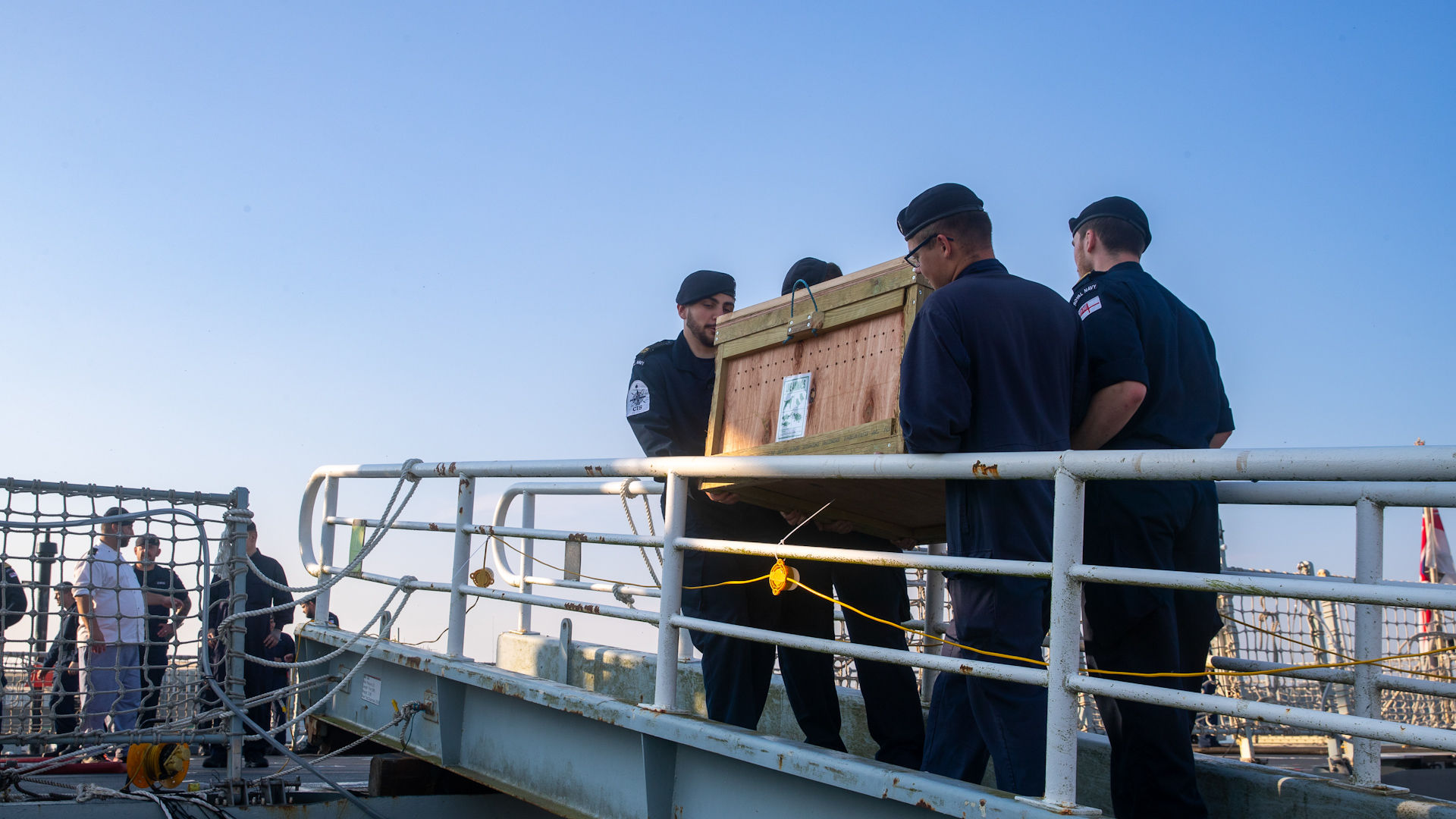
"We are very grateful to the Navy for stepping in to repatriate these rescued turtles."
The Blue Reef team showed sailors from HMS Medway how to look after the turtles while aboard the warship.
Such was the unusual nature of the job, the two 'turtle keeper' posts on board were oversubscribed.
But the names of Sub Lieutenant Adam Whitelaw and communications specialist Engineering Technician Ryan Brooks were pulled out of a hat.
"The turtles were surprisingly low maintenance," said Ryan.
"All we really had to do was make sure their cages were clean and the turtles themselves were happy, cosy and moist – that they didn't dry out or suffer sore spots – so that basically meant checking in on them twice a day," he said.
Adam added: "This is something we've never done before, so definitely something to talk about. We had some really good, comprehensive training and the aquarium was always available for consulting if we needed help.
"We didn't have any problems, although Gordon, the largest of the turtles, proved a bit of a handful."
HMS Medway sailed from Plymouth last week to relieve her sister ship HMS Trent, who is supporting international counter-drug smuggling operations across the Americas.
The mission also sees the Royal Navy assisting island communities should they be ravaged by storms during the hurricane season.

